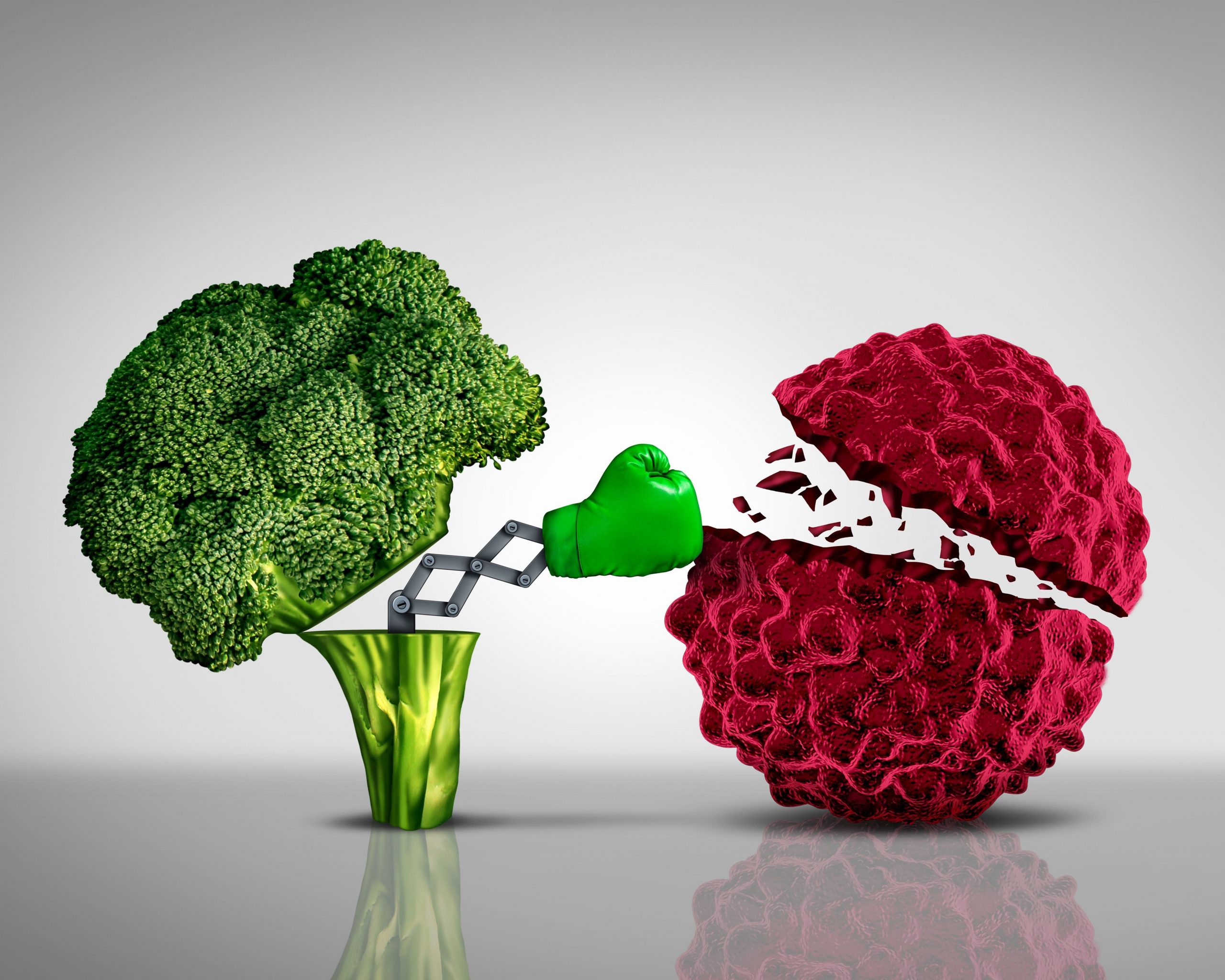Description
Nutrition plays a pivotal role in preventing, managing, and treating cancer. The course on Nutrition and Cancer explores the intricate relationship between dietary habits and cancer development, offering insights into how food choices can influence cancer risk, progression, and survivorship.
Course Overview:
- Introduction to Cancer Biology: Understanding the fundamental principles of cancer biology sets the stage for exploring how nutrition impacts the disease. Topics include cellular mechanisms of cancer development, tumor growth, and metastasis.
- Nutritional Epidemiology: Delving into epidemiological studies provides a foundation for understanding how dietary patterns and specific nutrients correlate with cancer incidence. Students analyze research methodologies and findings linking diet to various types of cancer.
- Bioactive Compounds in Foods: Exploring the role of bioactive compounds such as antioxidants, phytochemicals, and dietary fiber in cancer prevention and treatment. Case studies highlight the protective effects of these compounds in fruits, vegetables, whole grains, and herbs.
- Nutritional Genomics: Investigating the emerging field of nutritional genomics reveals how dietary factors interact with genetic predispositions to influence cancer risk. Discussions cover personalized nutrition strategies based on genetic profiling and biomarkers.
- Dietary Strategies for Cancer Prevention: Examining evidence-based nutritional guidelines and lifestyle modifications that reduce cancer risk. Topics include the Mediterranean diet, plant-based diets, and the role of specific nutrients such as omega-3 fatty acids and vitamin D.
- Nutrition during Cancer Treatment: Addressing the unique nutritional challenges faced by cancer patients undergoing treatment. Practical guidance on managing side effects like nausea, taste changes, and appetite loss through diet modifications and supplementation.
- Integrative Approaches: Exploring complementary therapies and integrative medicine practices incorporating nutrition into a holistic cancer treatment approach. Discussions cover the evidence supporting dietary supplements, herbal remedies, and mind-body techniques.
- Nutrition and Survivorship: Focusing on post-treatment nutrition strategies to support recovery, reduce the risk of recurrence, and improve the quality of life for cancer survivors. Topics include maintaining a healthy weight, managing long-term side effects, and optimizing overall well-being.
Course Format and Resources:
- Lectures and Presentations: Engaging lectures delivered by oncology, nutrition science, and public health experts provide in-depth insights and current research updates.
- Case Studies and Discussions: Interactive case studies and group discussions encourage critical thinking and the application of theoretical knowledge to real-world scenarios.
- Research Reviews and Debates: Analyzing current literature and participating in debates on controversial topics foster a deeper understanding of nutrition and cancer’s complexities.
- Practical Applications: Hands-on exercises and simulations allow students to develop practical skills in nutritional assessment, meal planning, and counseling for cancer patients and survivors.
Conclusion:
The Nutrition and Cancer course equips students with the knowledge and skills necessary to navigate the evolving landscape of oncology nutrition. By examining the latest research, exploring dietary interventions, and understanding the impact of nutrition on cancer outcomes, participants understand how diet can serve as a powerful tool in the fight against cancer.





Femi –
I appreciated the course’s strong emphasis on evidence-based practices. It helped me distinguish between myths and facts surrounding nutrition and cancer, empowering me to make informed decisions for myself and my clients.
Kehinde –
The course content was comprehensive and well-organized, covering various aspects of nutrition and its relationship to cancer risk and management. The instructors were knowledgeable and supportive, making the learning experience truly enriching.
Faith –
I found this course to be incredibly practical and informative. It not only deepened my understanding of how nutrition impacts cancer but also equipped me with actionable strategies that I can use in my practice as a healthcare professional.
Zara –
What stood out the most for me was the engaging discussions and case studies that supplemented the theoretical knowledge. This interactive approach not only kept me engaged but also reinforced key concepts effectively.